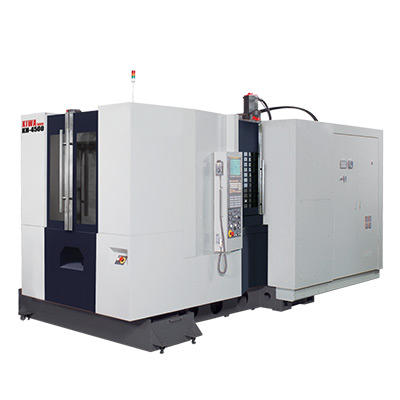SAE J2064 Type C Class II - Comprehensive Standards and Guidelines
Understanding SAE J2064 Type C Class II A Key Standard for Automotive Refrigerant Hoses
The SAE J2064 standard is a crucial guideline developed by the Society of Automotive Engineers (SAE) that establishes the requirements for automotive refrigerant hoses. Among these specifications, Type C Class II hoses have gained significant attention due to their enhanced durability and performance in automotive air conditioning systems.
What is SAE J2064 Type C Class II?
SAE J2064 defines the minimum performance requirements for refrigerant hoses used in automotive applications, specifically focusing on their ability to handle the pressures and temperatures typical of vehicle air conditioning systems. Type C hoses, classified under Class II, are designed for medium-pressure applications, making them suitable for a wide range of vehicles, from passenger cars to light-duty trucks.
One of the primary features of Type C Class II hoses is their robust construction. These hoses are engineered to withstand pressures up to 300 PSI (pounds per square inch) and can operate effectively within a temperature range of -40°F to 257°F (-40°C to 125°C). This resilience is crucial, as refrigerant systems operate under varying conditions, and any failure in hose integrity can lead to significant performance issues or safety hazards.
Material Composition and Design
sae j2064 type c class ii

Type C Class II hoses are typically made from high-quality rubber compounds and reinforced with textile or wire braiding to enhance strength and flexibility. The inner layer is designed to resist the refrigerants used in modern air conditioning systems, such as R-134a or R-1234yf, ensuring minimal permeation and leakage. The outer layer provides additional protection against environmental factors, including heat, ozone, and abrasion.
Applications and Benefits
The applications of SAE J2064 Type C Class II hoses extend beyond automotive, as they can also be utilized in other refrigeration and air conditioning systems where similar durability and performance characteristics are required. Their reliable performance leads to improved efficiency, extended service life, and reduced maintenance costs.
By meeting the SAE J2064 standard, manufacturers offer products that comply with industry expectations, enhancing safety and performance in vehicle air conditioning systems. This adherence to established standards not only assures vehicle manufacturers and consumers of the quality of these components but also supports innovation by pushing for advancements in hose technology.
Conclusion
In summary, SAE J2064 Type C Class II hoses represent a vital aspect of the automotive industry’s approach to refrigerant management. Their design, material composition, and adherence to rigorous standards ensure that they perform under demanding conditions, safeguarding both vehicle efficiency and passenger comfort. As automotive technology continues to evolve, the importance of such standards will only grow, highlighting the necessity for reliable components in maintaining optimal vehicle performance.
-
Ultimate Spiral Protection for Hoses & CablesNewsJun.26,2025
-
The Ultimate Quick-Connect Solutions for Every NeedNewsJun.26,2025
-
SAE J1401 Brake Hose: Reliable Choice for Safe BrakingNewsJun.26,2025
-
Reliable J2064 A/C Hoses for Real-World Cooling NeedsNewsJun.26,2025
-
Heavy-Duty Sewer Jetting Hoses Built to LastNewsJun.26,2025
-
Fix Power Steering Tube Leaks Fast – Durable & Affordable SolutionNewsJun.26,2025

